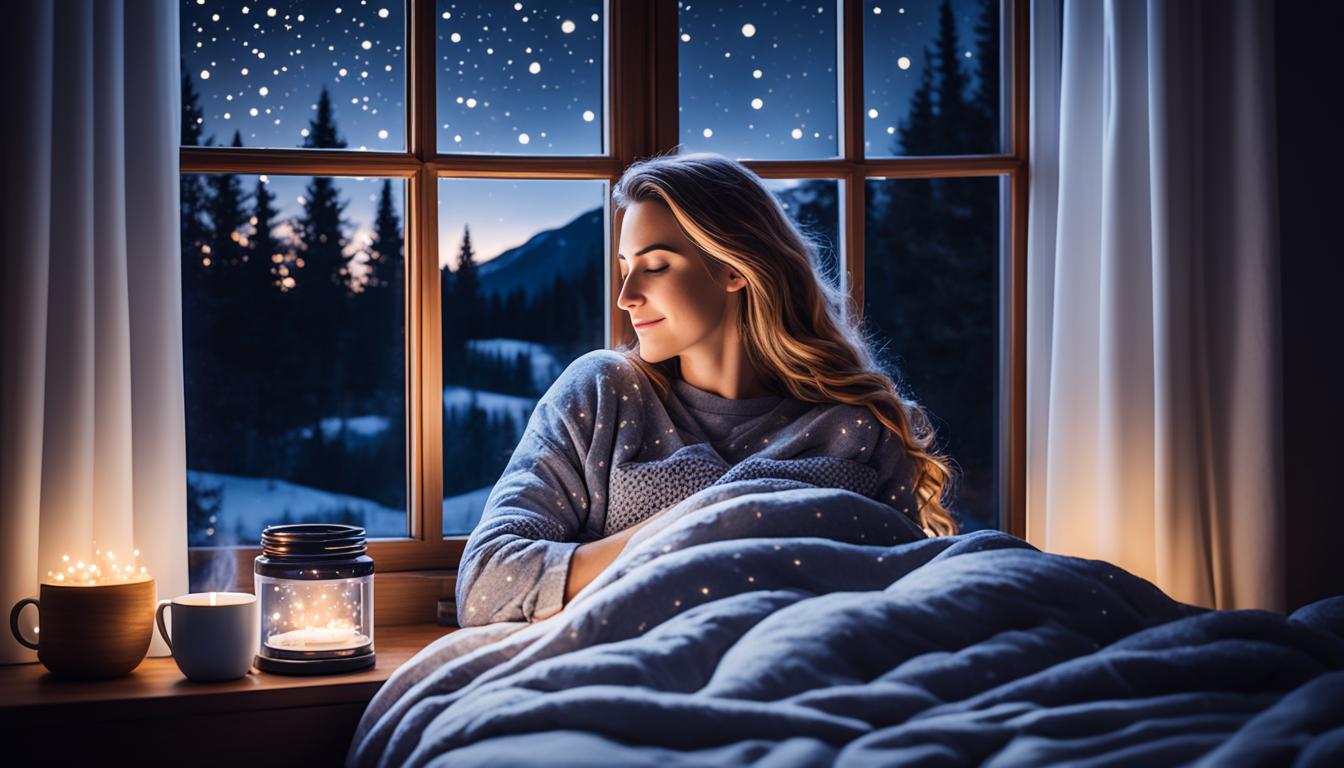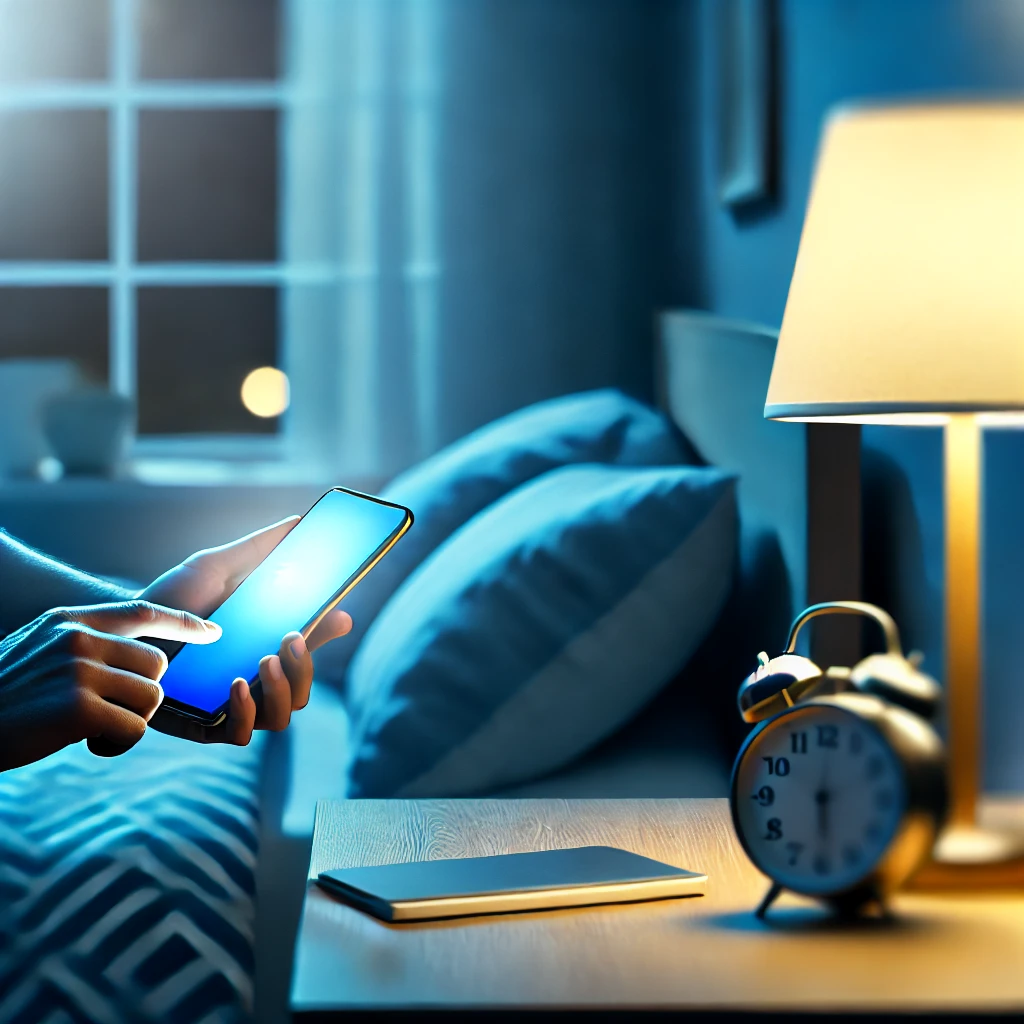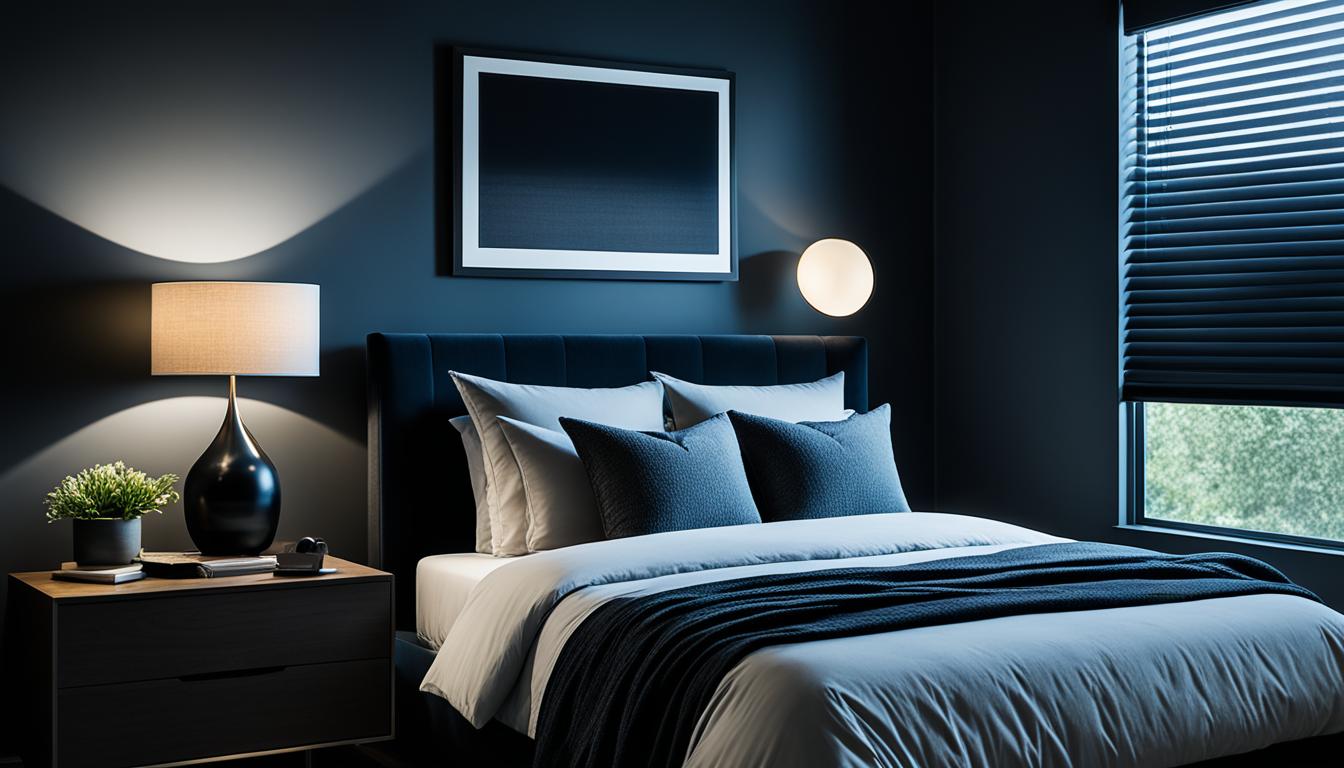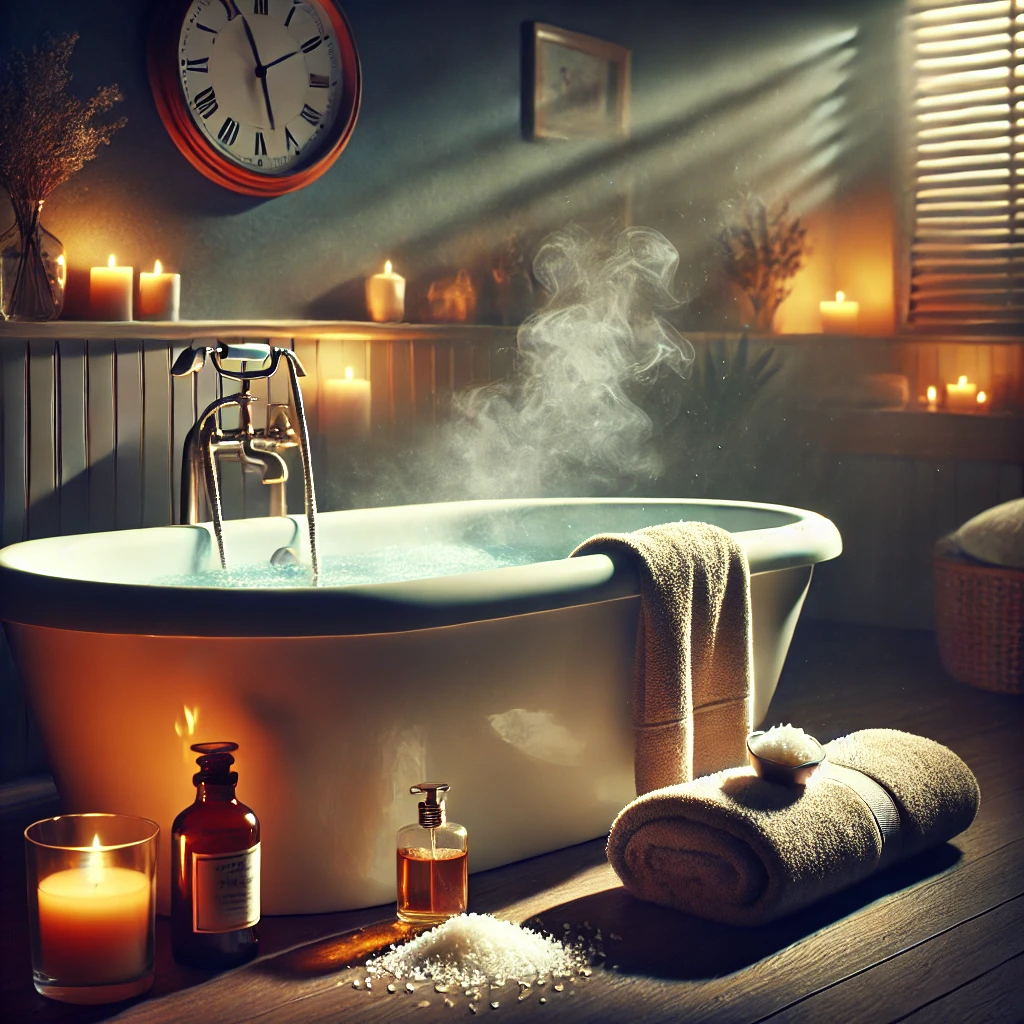Many cultures have their own ways to help sleep better. For example, in China, people relax before bed by soaking their feet and eating jujube fruit. In India, ashwagandha is used to lower stress. Swedes like to have Välling, a warm porridge drink before bed. They also eat elk meat, which helps you sleep. In Finland, sitting in a sauna helps people relax. And in some parts of South and Central America, sleeping in a hammock is common.

Traditional practices mix with what we know today to improve sleep. Tips like turning off screens before bed and having a calming evening routine really work. By trying these habits from different parts of the world, you can make your sleep and life better.
Understanding the Importance of Quality Sleep
Quality sleep is important for our health. Most adults need seven hours or more of sleep. This helps with our mood and remembering things. Having enough sleep makes us more productive.
School-age children should sleep at least nine hours. Teens need between eight to ten hours. But, many people in the U.S. don’t get enough sleep. It’s key to know how good sleep benefits us. Developing good sleep habits keeps us healthy and improves life in many ways.
Issues like insomnia and sleep apnea are common. They can really affect how well we sleep. Insomnia troubles about one-third of U.S. adults. More people had it during the pandemic. Sleep apnea is another problem. It stops breathing during sleep and can lead to heart and diabetes issues. By dealing with these problems early, we can avoid big health troubles.
To sleep better, have good habits. Always wake up at the same time. Keep your bedtime routine steady. Also, the place where you sleep should be peaceful. These things help us get better sleep and are good for our body and mind.
Reducing Blue Light Exposure Before Bedtime
The use of digital devices at night is a worry because it affects sleep. Blue light plays a big role in this problem. It is known to mess with our body clocks and harm our health. This can lead to diseases like heart problems, diabetes, and even make us sad or too heavy. So, it’s smart to use less blue light before going to bed to sleep better.

How Blue Light Affects Sleep
Blue light can keep us awake at night by stopping our body from making melatonin. This is the hormone that tells our body when to sleep. Not getting enough melatonin because of blue light can lead to many health issues. These include things like trouble with the way our body works, cancer, and feeling very sad. Using phones, TVs, and other stuff with a lot of blue light can make it hard to sleep well and keep you healthy.
Using Night Mode Apps
Many devices have a Night Mode or can add special software to cut down on blue light. These settings make the screen look warmer and lessen the blue light at night. By using these, the level of melatonin in your body stays normal. Adding these features to your tech use can really make your sleep better.
Establishing a Screen-Free Routine
Stopping the use of electronics before bed is a good idea. It’s called a screen-free bedtime. This means no screens at all. Instead, you can relax by reading, meditating, or listening to soft music. These activities tell your body it’s time to get ready for sleep. Doing them helps your mind get ready for rest, leading to a deep and refreshing sleep.
Relaxation Techniques for Better Sleep
Getting seven to nine hours of sleep each night is great. It can make your mood better and boost your memory. It also helps your body fight off sickness. To sleep well, you should relax before bedtime. There are many ways to do this.
Deep breathing is a good first step. Doing this can make you less stressed. This is because it helps your body relax. Meditation is also very helpful. It makes you more aware and calm. It’s easier to sleep when you feel this way. Another method is to tense and then relax your muscles. This can help your whole body feel calm.
Some scents like chamomile and lavender are good for sleep. You can use them with diffusers or sprays. Adding a drop or two on your pillow can help too. Reading or listening to quiet music can also help you relax.
If you can’t sleep after trying for 15 to 20 minutes, do something quiet. Then try sleeping again. It’s important to keep a steady sleep schedule. Mindfulness exercises can also make you more relaxed. This helps with healthy sleep habits.
Avoid caffeine and screens that give off blue light before bed. These can stop you from sleeping well. By combining different relaxation methods, you can have a better sleep routine. This will make you feel better all around.
Creating an Optimal Sleep Environment
Setting up your bedroom for great sleep means focusing on many things. Some people don’t know how their space affects their sleep. Learn how to make your room a perfect place to rest.
Managing Room Temperature
Keeping your bedroom cool is key to good sleep. It’s best to have it between 60 and 71 degrees Fahrenheit. This temperature range helps your body keep a good core temperature as you sleep. It makes your sleep deeper and more refreshing.
Investing in Blackout Curtains
Exterior light can make sleep tough. Blackout curtains can fix that. They make your room dark, which is good for your sleep pattern. Sleeping in a dark room helps you feel sleepy and fall asleep quickly.

Decluttering Your Bedroom
A tidy bedroom is not just about looks. It impacts how well you relax. Keeping your sleep space organized makes it calm and welcoming. It also keeps away allergens that can disturb your sleep. A peaceful, neat bedroom is like a sanctuary for a good night’s sleep.
Essential Sleep Hacks: Routine and Consistency
Having a consistent sleep routine helps improve sleep a lot. Think of it like how athletes prepare before a game. By doing the same things each night before bed, you tell your body it’s time to sleep. This might mean no electronics two hours before bed, reading a little, or gently stretching.
The Centers for Disease Control and Prevention found sticking to a regular sleep schedule and wake-up time is key, even on weekends. This makes your body’s sleep pattern more stable. It also makes falling asleep easier and keeps your sleep cycle healthy.
Doing calming things before bed can really help. This could be using lavender oil or writing down your worries. They can help you stress less and sleep better.
A good bedtime routine can also quiet your mind. This is important because worrying can keep you up at night. So, doing these things daily can really boost how well you sleep.
Sticking to a regular sleep plan is very good for you. It reduces the harm of not sleeping enough, like thinking slower or getting sick more. Try these tips for better, more refreshing sleep.
The Benefits of a Warm Bath Before Bed
Taking a warm bath before sleep is a cherished practice. It helps make your sleep better. A warm bath raises your body’s temperature. When you cool down, it tells your body it’s time to sleep. This makes falling asleep easier and improves sleep.
Studies, like the one at Gunma University, have shown this. A 20-minute warm bath can change your night. Adding bath salts or oils makes it even nicer.

How Warm Baths Promote Sleep
Having a warm bath before bed can cut the time it takes to fall asleep. This is according to Diane Augelli from New York-Presbyterian/Weill Cornell Medical Center. Warming up then cooling down is like a signal for bedtime. It helps our body get ready to sleep.
It’s not just about soaking. Even a quick warm shower can help. In 1997, a Cornell study showed our body gets a natural sleep aid when it cools down at night.
Adding Essential Oils to Your Bath
Adding essential oils to your bath can make sleep even better. Lavender is great for relaxing. Chamomile and magnesium-rich salts are good too. They all help you calm down and sleep.
There are many products with these oils now. Lavender bath bombs are one example. They are made for a good night’s sleep. Just pick good quality ones.
Taking a warm bath can really help you sleep well. Adding essential oils makes it even better. The Sleep Foundation suggests doing this 90 minutes before bed is best.
The Role of Nutrition in Sleep Quality
Nutrition is key to how well you sleep. What and when you eat affects your sleep a lot. We will discuss how picking the right foods and avoiding others can help you sleep better.
Avoiding Caffeine and Alcohol
Caffeine can really mess with your sleep. It’s in things like soda and tea, keeping you up at night. So, it’s smart to cut back on caffeine before bed for better sleep.
Alcohol makes you sleepy at first, but it hurts your sleep in the long run. Regularly drinking alcohol before bed messes up your sleep schedule. To really understand, studies show that both caffeine and alcohol are bad for deep sleep.
Foods That Promote Sleep
Yet, eating some foods can actually help you sleep well. Things like pistachios, milk, and tart cherries are good because they have melatonin. Tryptophan, found in chicken, nuts, and seeds, also helps make sleep chemicals.

Magnesium and vitamin D are important for sleep too. Foods with magnesium, like leafy greens, relax your muscles for better sleep. Vitamin D, in fish and some other foods, is linked to higher sleep quality. A study on nutrition and sleep supports this.
When you eat matters, too. Eating light, healthy food a few hours before bed is good. It helps your body get into a good sleep rhythm. Avoid fatty or heavy meals at night to sleep well without waking up often. Choosing the right foods can help your sleep and make you feel better overall.
Physical Activity and Its Impact on Sleep
Adding regular physical activity can really help you sleep better. Both aerobic and resistance training boost your sleep. This makes it easier to fall asleep and stay asleep. Exercise benefits your whole body. It helps you wind down and get ready for sleep.
Doing exercise often cuts the chances of sleep problems. These problems include insomnia and restless legs. It’s not just when you exercise, but also doing it again and again. People of all ages and health conditions sleep better when they work out.
But, when you work out matters a lot. Avoid hard workouts right before bed. They might keep you up. Exercising earlier can help you sleep quicker and deeper. When you exercise to sleep better, it’s not just about sleep. It’s about getting ready for the day ahead.
FAQ
What are some effective sleep improvement techniques?
Improve sleep with natural aids. Try jujube fruit and ashwagandha. Make a calming bedtime routine. Also, check your sleeping area.
What are the benefits of good sleep?
Good sleep keeps you happy, sharp, and healthy. It fine-tunes your emotions. It also helps you remember and learn better.
How does blue light affect sleep?
Blue light stops melatonin, a sleep hormone. It messes with your sleep clock. This makes falling asleep tricky.
Which night mode apps are recommended for minimizing blue light exposure?
Try f.lux and your device’s Night Mode. They cut down on blue light. This helps your sleep schedule stay on track.
How can I establish a screen-free bedtime routine?
Turn off screens 30 minutes before bed for a good start. Then, read or try light stretches. Keep your sleep place screen-free.
What are some relaxation techniques for better sleep?
Deep breaths, meditation, and muscle relaxation work well. They make your body ready for sleep. This brings a peaceful and sleepy feeling.
How should I manage room temperature for optimal sleep?
Aim for 60 to 67 degrees F in your room. This is the best range for sleeping well.
Why should I invest in blackout curtains?
Blackout curtains make your room dark. This dark helps you sleep without interruptions. It also keeps your wake-up time regular.
How does decluttering your bedroom improve sleep quality?
A neat room means a peaceful mind. This helps you relax and sleep. Less mess means less worry and more tranquility.
Why is consistency important in a sleep routine?
Keeping to a regular sleep time each day is key. This schedules your sleep rhythm. It makes dozing off and waking up easy.
How do warm baths promote sleep?
A warm bath raises your body heat first, then drops it fast. This mirrors your body’s sleep prep. It helps you sleep sooner and better.
What essential oils are recommended for a pre-sleep bath?
Lavender oils in your bath boost relaxation. Use oils that are pure and safe to breathe in.
How do caffeine and alcohol affect sleep quality?
Caffeine and alcohol stop you from sleeping and mess up your sleep once you’re out. It’s wise to avoid them before bed.
What foods can promote better sleep?
Eat foods with tryptophan, magnesium, and melatonin. Turkey, nuts, and cherries are good choices. They help you sleep better.
How does physical activity impact sleep?
Exercise helps you sleep better. But avoid tough workouts close to bedtime. Even light exercise helps you fall asleep faster and sleep well.

More Posts
Essentialism: A Complete Guide to Get You Started
What is Essentialism and How Can It Help You Become a More Effective Person?
10 Time Management Secrets from Rob Dyrdek You Need to Know
Rob Dyrdek is both a famous entrepreneur and skateboarder. He knows a lot about managing time well. He uses special methods and tools to get more done every day. One of his best...
10 Best Online Monthly Planners for Efficient Planning
In this digital age, the importance of an online monthly planner for efficient planning cannot be overstated. These tools help organize daily tasks, manage to-do lists, and plan to ensure productivity. Whether you’re...
Master Efficiency and Maximize Billable Hours
Have you ever wondered how you can optimize your billable hours and streamline your client billing process? A robust solution to this lies in the concept of time tracking. Time tracking, when applied...